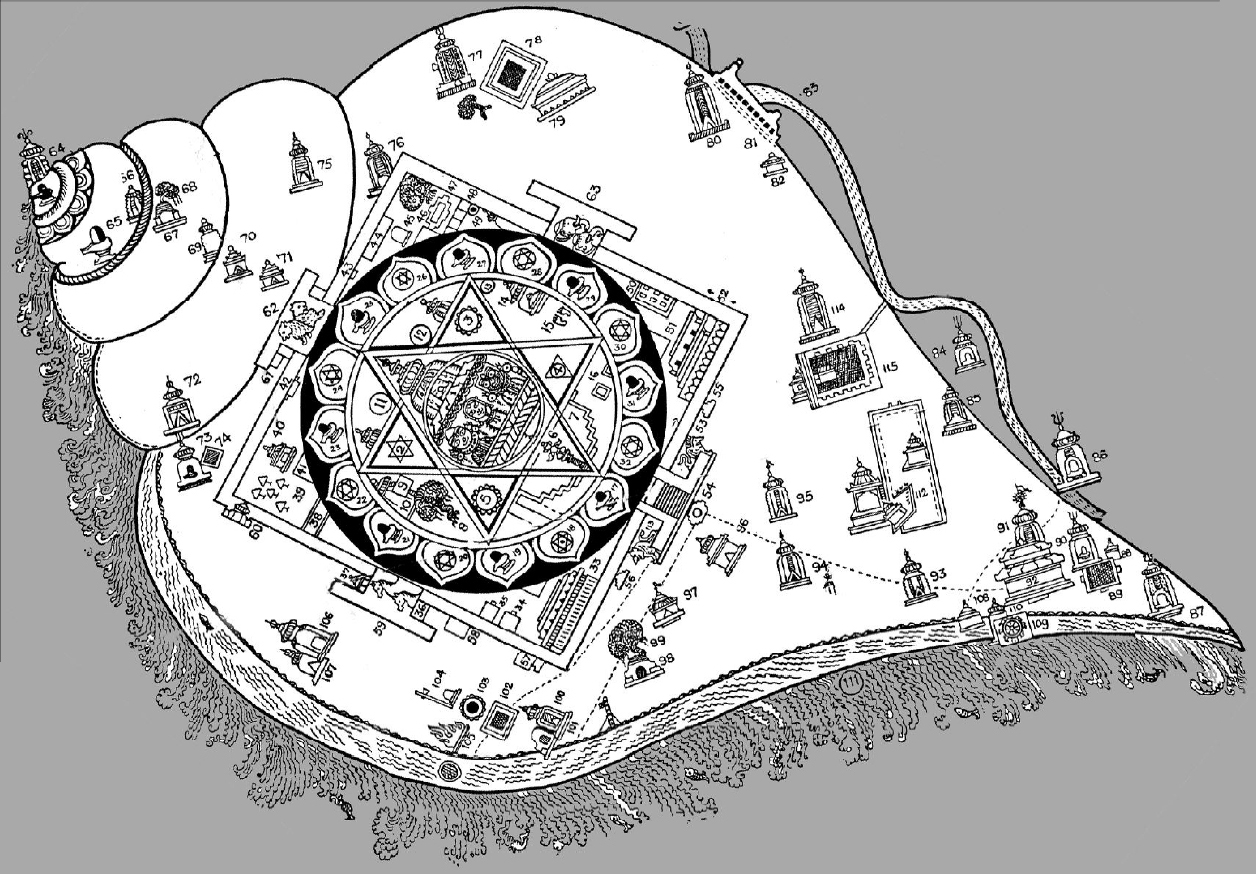In Srimad Ramayana, we see that when Bharata came back from his maternal uncle’s house, he found that Rama has gone on an exile. Bharata wanted to analyze and find out the reason why Rama had gone on an exile and who is to be blamed? He was thinking on the following lines.
1. Could it be Manthara? (Kooni)
Manthara was the servant maid of Kaikeyi. We all know that she instigated Kaikeyi to get the boons from King Dasharatha by explaining to Kaikeyi the opulence which Kausalya would achieve if Rama becomes the King. But Bharatha hastened to say, "No. She is not to be blamed. She is only Kaikeyi’s servant and so her well wisher. She wanted the well being of her mistress and for that she cannot be blamed."
2. Could it be Kaikeyi?
Then Bharatha started thinking whether his own mother Kaikeyi is to be blamed for getting the two boons from the king and thus banishing Rama to forest. Why should she pay heed to the words of her servant? Bharatha again hastened to say, "No. She is not to be blamed. Kaikeyi is after all a mother and her affection towards her son made her ask the boons. So she is not to be blamed."
3. Could it be Dasaratha?
Even if Kaikeyi had asked for the boons out of motherly love and affection, Dasaratha should not have granted the boons. He should have refused to give the boons. When Bharatha was thinking of this, he again came to the conclusion that Dasaratha is not to be blamed. Ikshavaku kings never go away from the words they have given and he had to fulfill the promise. So how can he be blamed?
4. Could it be Rama Himself?
Bharatha then started thinking that even if Dasaratha had granted the boons, Rama could have very well argued His case and could have continued with the coronation. Why did not Rama do like that? Is Rama to be blamed then? Immediately Bharatha remembered that the very purpose of Rama’s incarnation is to show an ideal example to the whole world of pitr vaakya paripaalana - to be obedient to the words of parents. How will Rama ever go against this principle and hence He is not to be blamed.
At the end of it where does the blame lie and to what conclusion did Bharatha come? This we can understand from the following beautiful verse spoken by Bharata in Srimad Ramayana.
na mantharaayaah na ca maatulasyaah dosho na raajnah na ca raaghavasya
matpaapamevaatra nimittam aasit vana praveshe raghunandanasya
"Neither
1. Could it be Manthara? (Kooni)
Manthara was the servant maid of Kaikeyi. We all know that she instigated Kaikeyi to get the boons from King Dasharatha by explaining to Kaikeyi the opulence which Kausalya would achieve if Rama becomes the King. But Bharatha hastened to say, "No. She is not to be blamed. She is only Kaikeyi’s servant and so her well wisher. She wanted the well being of her mistress and for that she cannot be blamed."
2. Could it be Kaikeyi?
Then Bharatha started thinking whether his own mother Kaikeyi is to be blamed for getting the two boons from the king and thus banishing Rama to forest. Why should she pay heed to the words of her servant? Bharatha again hastened to say, "No. She is not to be blamed. Kaikeyi is after all a mother and her affection towards her son made her ask the boons. So she is not to be blamed."
3. Could it be Dasaratha?
Even if Kaikeyi had asked for the boons out of motherly love and affection, Dasaratha should not have granted the boons. He should have refused to give the boons. When Bharatha was thinking of this, he again came to the conclusion that Dasaratha is not to be blamed. Ikshavaku kings never go away from the words they have given and he had to fulfill the promise. So how can he be blamed?
4. Could it be Rama Himself?
Bharatha then started thinking that even if Dasaratha had granted the boons, Rama could have very well argued His case and could have continued with the coronation. Why did not Rama do like that? Is Rama to be blamed then? Immediately Bharatha remembered that the very purpose of Rama’s incarnation is to show an ideal example to the whole world of pitr vaakya paripaalana - to be obedient to the words of parents. How will Rama ever go against this principle and hence He is not to be blamed.
At the end of it where does the blame lie and to what conclusion did Bharatha come? This we can understand from the following beautiful verse spoken by Bharata in Srimad Ramayana.
na mantharaayaah na ca maatulasyaah dosho na raajnah na ca raaghavasya
matpaapamevaatra nimittam aasit vana praveshe raghunandanasya
"Neither
- Manthara, nor
- my mother, nor
- the King, nor
- Raghava Himself are to be blamed for Rama entering the forest. It is only my own sin and only I am to be blamed."
Bharatha unexpectedly turned his fingers to himself and blamed himself for the occurrence. Can anyone blame Bharata even in their dreams? Here Bharata exhibits a rich and profound Vaishnava characteristic of accepting the faults and blaming ourselves.
